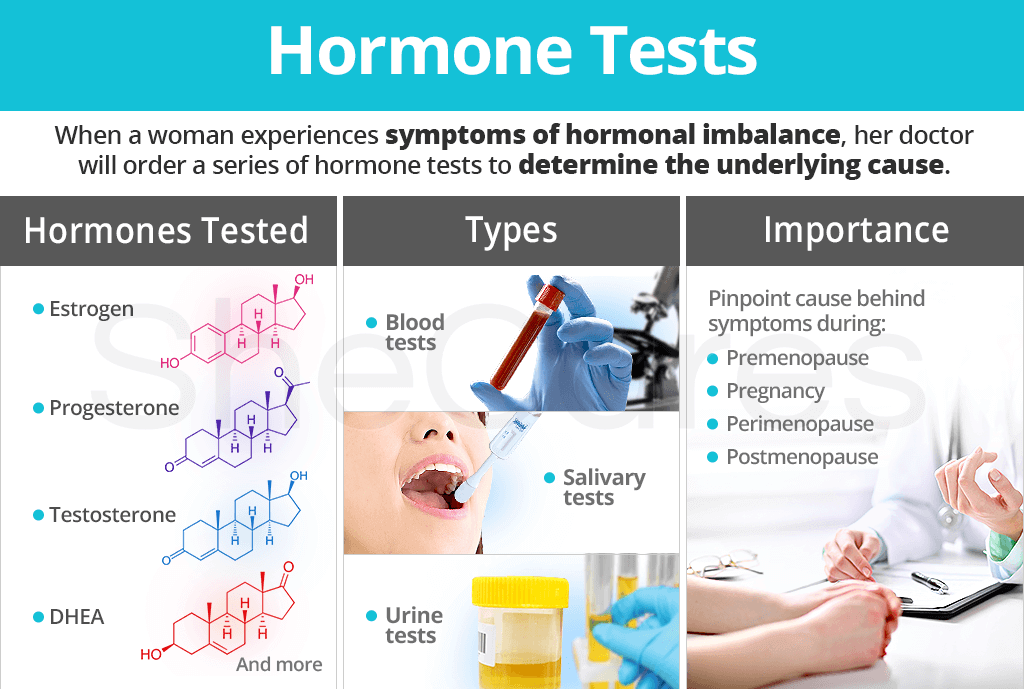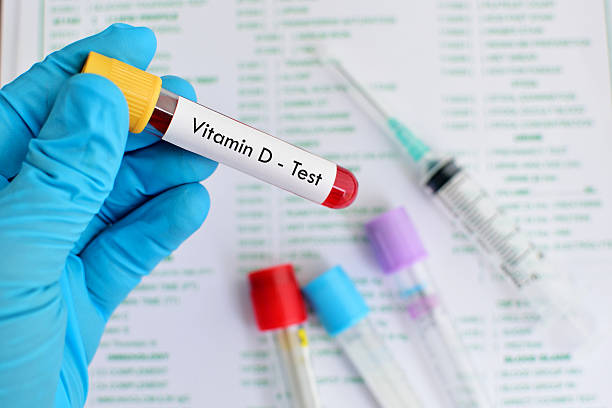Hormones are powerful chemical messengers that regulate various bodily functions and play a crucial role in maintaining overall health. Hormone testing is a valuable diagnostic tool that helps assess hormone levels and identify imbalances. In this blog post, we will delve into the importance of hormone testing and why it is essential for monitoring and optimizing your well-being.
- Evaluating Hormonal Imbalances : Hormonal imbalances can have a significant impact on your physical and emotional health. Hormone testing enables healthcare professionals to measure hormone levels, such as estrogen, progesterone, testosterone, thyroid hormones, and cortisol. By identifying imbalances, such as low or high hormone levels, hormone testing helps uncover the underlying causes of various health concerns, including irregular menstrual cycles, fertility issues, mood swings, fatigue, weight gain, and sexual dysfunction. This valuable information allows for targeted treatments, including hormone replacement therapy, lifestyle modifications, or dietary changes, to restore hormonal balance and improve overall well-being.
- Assessing Reproductive Health : For individuals struggling with fertility issues, hormone testing plays a crucial role in diagnosing potential factors affecting reproductive health. By evaluating reproductive hormones like follicle-stimulating hormone (FSH), luteinizing hormone (LH), and estradiol, hormone tests can determine the quality of ovarian function, predict ovulation, and identify any hormonal imbalances that may be hindering conception. This information guides fertility specialists in developing personalized treatment plans to improve reproductive health and increase the chances of successful pregnancy.
- Managing Menopause and Hormone Replacement Therapy : During menopause, a woman’s hormone levels naturally decline, leading to various symptoms and potential health risks. Hormone testing helps monitor hormone levels, including estrogen and progesterone, during this transitional phase. This information allows healthcare providers to customize hormone replacement therapy (HRT) to alleviate menopausal symptoms, such as hot flashes, night sweats, and mood swings, and reduce the risk of osteoporosis and cardiovascular disease. Regular hormone testing also ensures the appropriate dosage and duration of HRT, optimizing the benefits while minimizing potential risks.
Conclusion : Hormone testing plays a pivotal role in assessing and managing hormonal imbalances, reproductive health, and menopausal transitions. By evaluating hormone levels, healthcare professionals can identify underlying issues, tailor treatment plans, and restore balance to promote optimal health and well-being.




